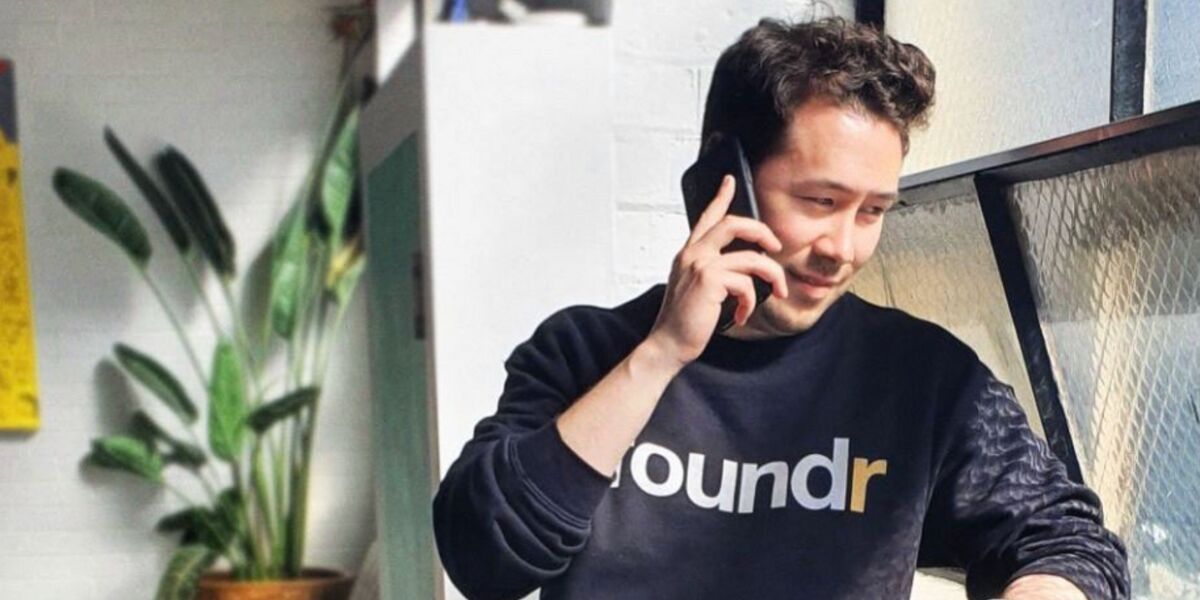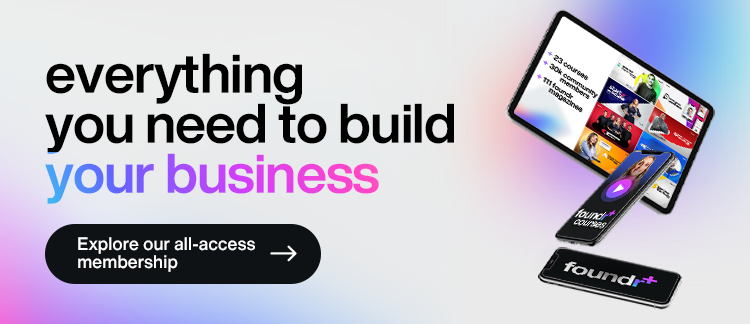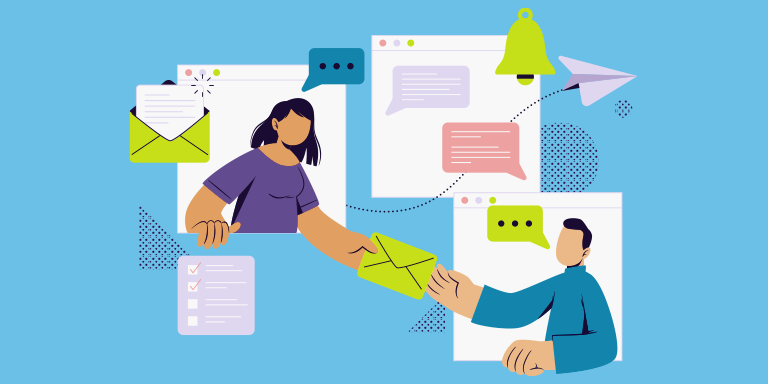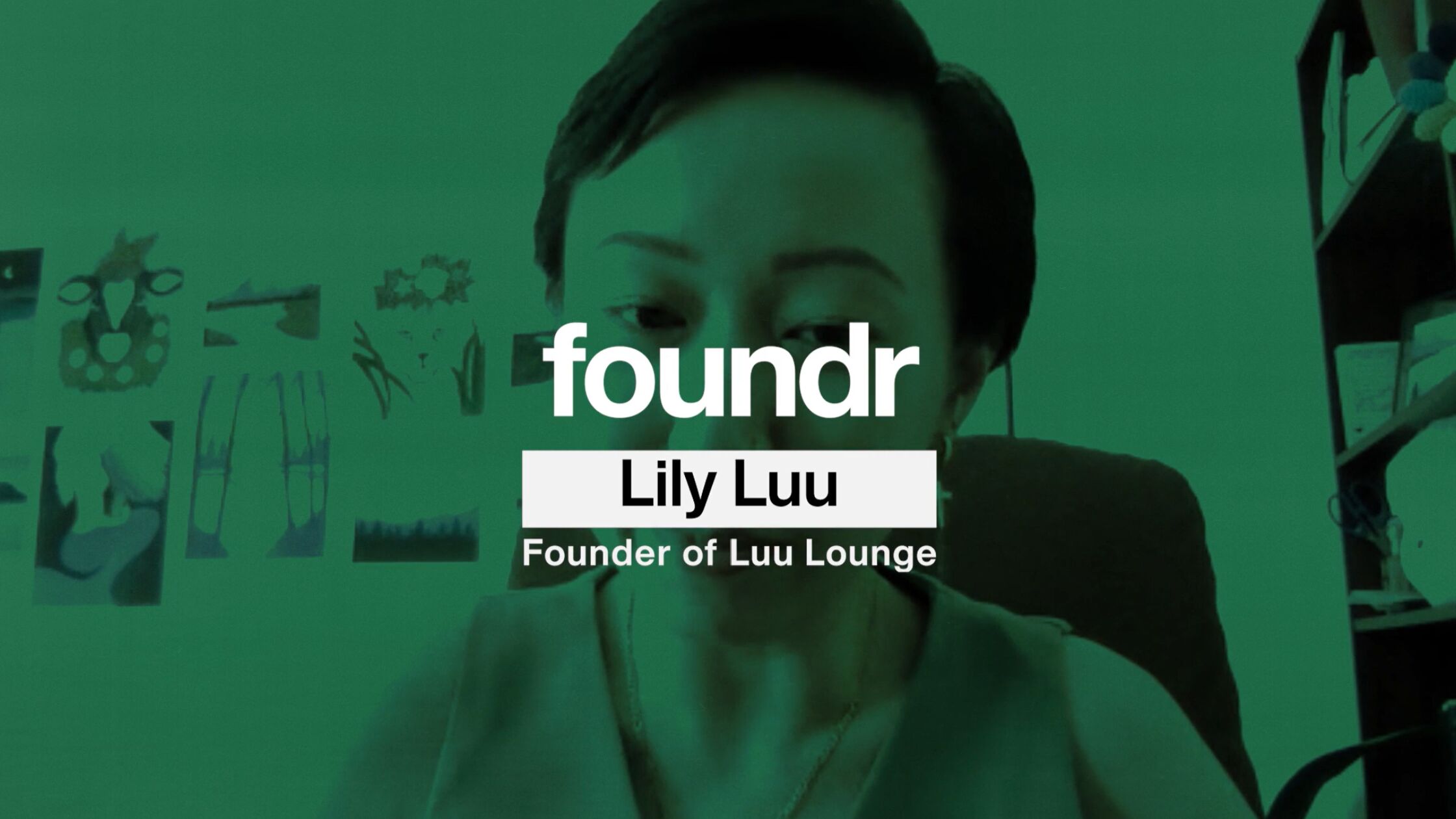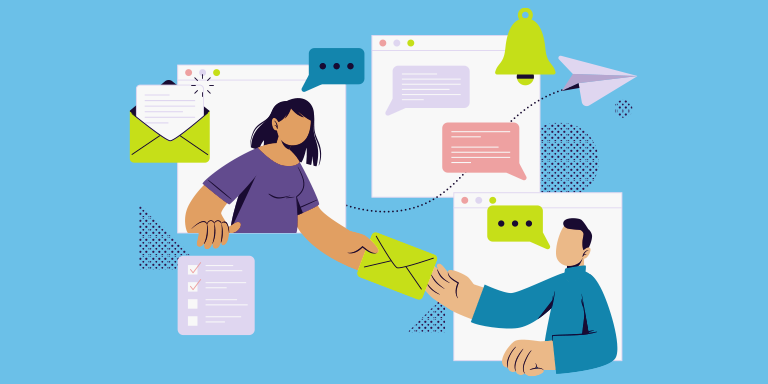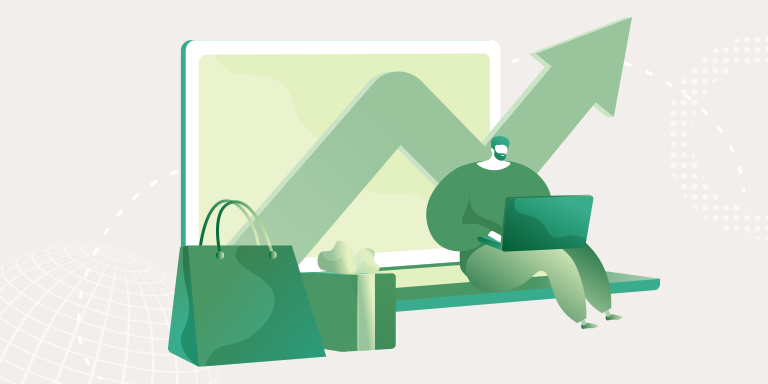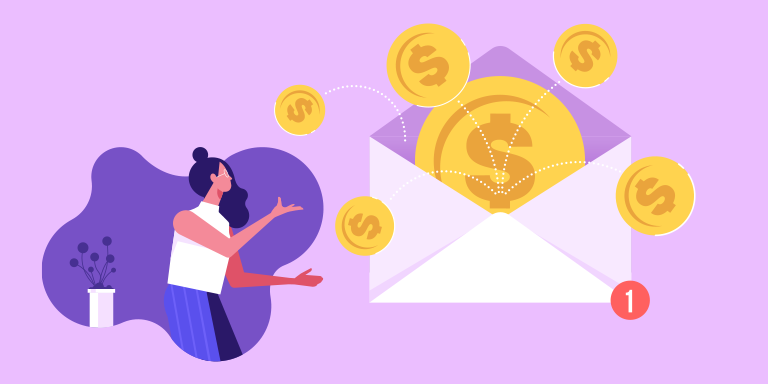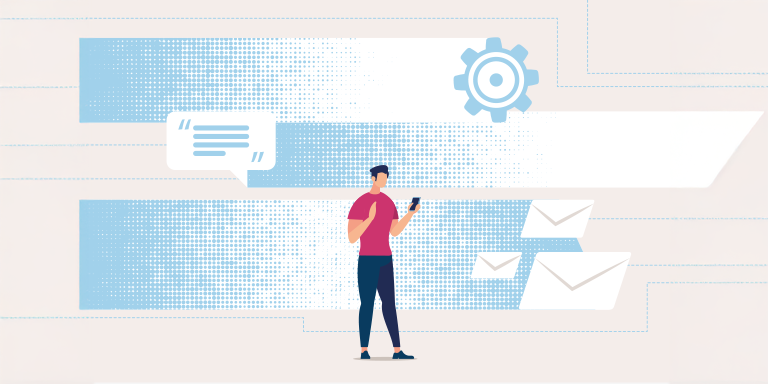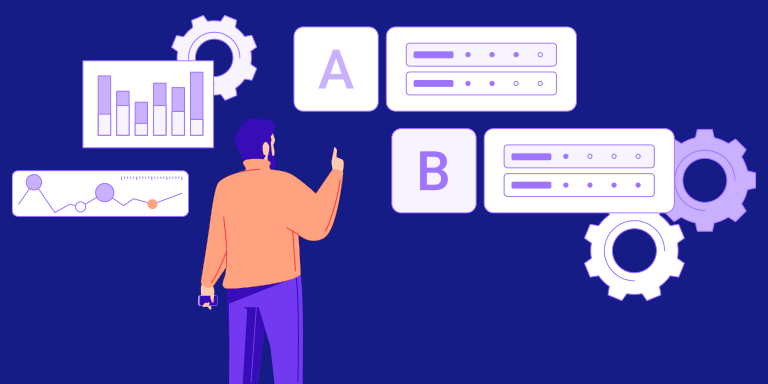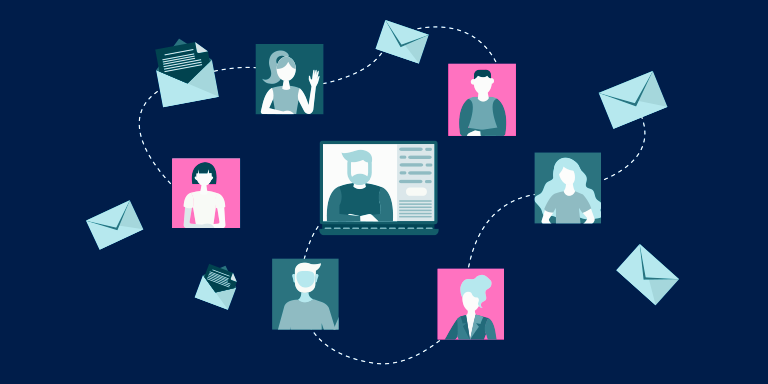This interview is an expert of a special 500 podcast episode of the Foundr Magazine and was edited and condensed for clarity.
Five hundred podcast episodes in, and Nathan Chan is still hungry for the next open-book conversation. In a special 500th episode of the Foundr Podcast, Chan lays everything on the table for a special AMA (ask me anything) from his favorite founders–YOU!
Ask Me Anything with Foundr CEO Nathan Chan
Q: Vica Gafur asks, “What was the most inspiring story that made you who you are today?”
Nathan Chan: I want to share a story that happened to me that made me who I am today.
I want to share a story that happened to me that made me who I am today.
It would have been about at least 13 years ago when I was working my job in IT support. Part of my job was supporting the team members around tech and infrastructure. Complaints came in from the 200-plus staff, saying they never got answered when they raised a ticket to get help.
So, a directive was created for us to work in shifts, walking around the office floors and asking people if they needed help.
My boss at the time told me about this idea, and I said, “I’m not doing that. That’s a waste of time.”
I got pulled into the office by my boss’s boss, and she absolutely ripped me apart. And after that meeting, I literally felt like I wanted to cry. It was such a crazy feeling that someone could have that kind of level of impact on my life and that kind of power over the work that I wanted to do.
Just the way that that made me feel, and that particular story, I have carried with me for my whole life because I said to myself after that, “I never want to be in that position ever again where someone can treat me that way.”
I ended up starting Foundr because I wanted to do my own thing and find work I was passionate about. And here we are 13 years later.
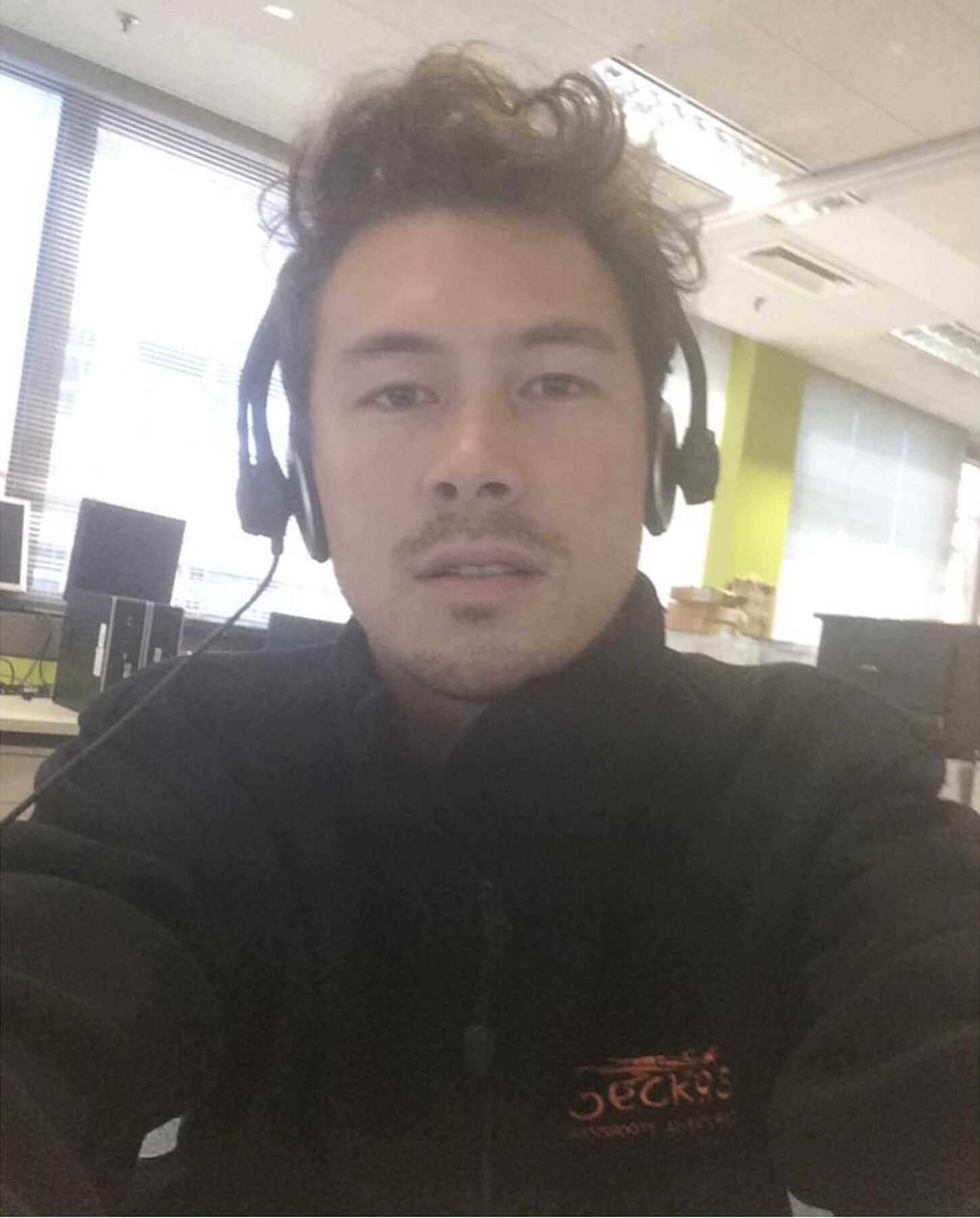
Q: Why did you start the Foundr Podcast?
NC: I started Foundr as a digital magazine because I wanted to find successful people, tell their stories, and share them with the world.
I wanted to find successful people, tell their stories, and share them with the world.
I used to house those interviews in the digital magazine so you could actually read the story, but then you could listen to the interviews inside the magazine.
Our ex-head of marketing at the time, Dave, suggested that we start a podcast, but I wasn’t sure if that would cannibalize the digital magazine. He said to me, “Nathan, let’s make a bet. If anyone complains in the next six months, you can always pull it down, but just see what happens.”
After about a year of publishing the magazine, I took the best interviews and launched this podcast. I started the Founder Podcast because I felt that there was an opportunity to widely share the stories of some of the greatest founders in the world.
Ten years ago, I thought podcasting was massive, and I’d miss the boat. Now, people look at podcasts and say, “Wow, the podcast market is massive, and I’ve missed the boat.”
Like, it never stops, right? You always think an industry is too big. It isn’t too big.
I think Dave won the bet.
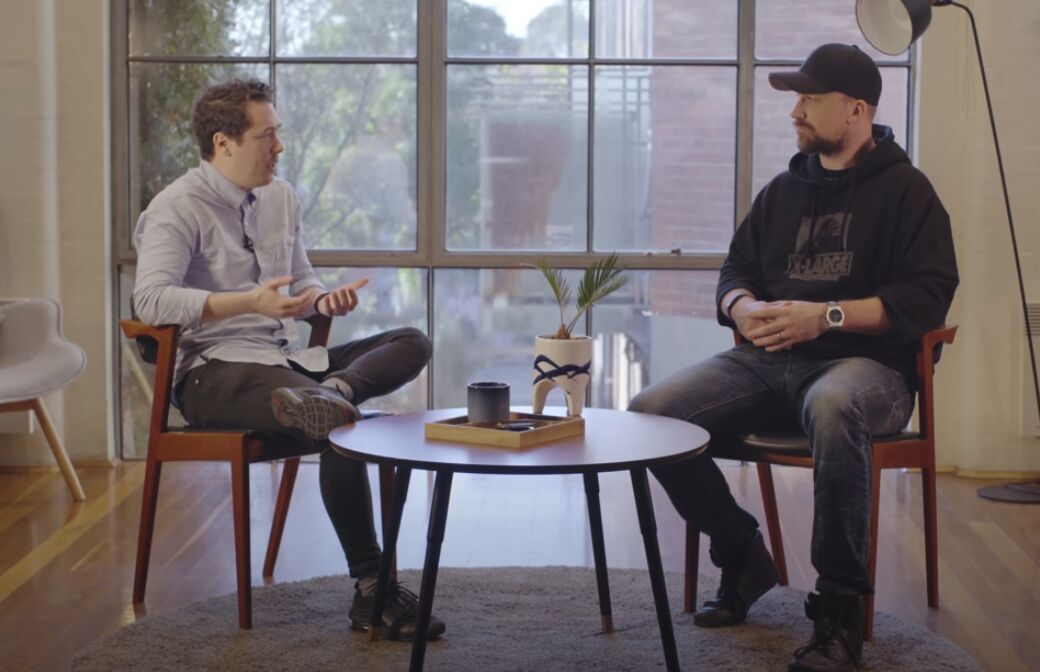
Q: What makes an incredible guest?
NC: An incredible guest is a vulnerable founder who can talk about interesting, fascinating stories, really open up, and share about the hard times, the lessons they learn, and the battle scars they have to prove it. An incredible guest is somebody who’s entertaining and really present, and they’re here to serve and help you guys.
They’re not looking to sell anything. They just really want to help and give back from their journey because they understand that entrepreneurship goes full circle, and that’s really what the entrepreneurial circle is about.
It’s about paying it forward, and that’s what Foundr is all about. That’s why Foundr exists.
It’s about paying it forward, and that’s what Foundr is all about. That’s why Foundr exists.
We want to help you accelerate your growth and future through entrepreneurship. We want to help you however we can and pay it forward.
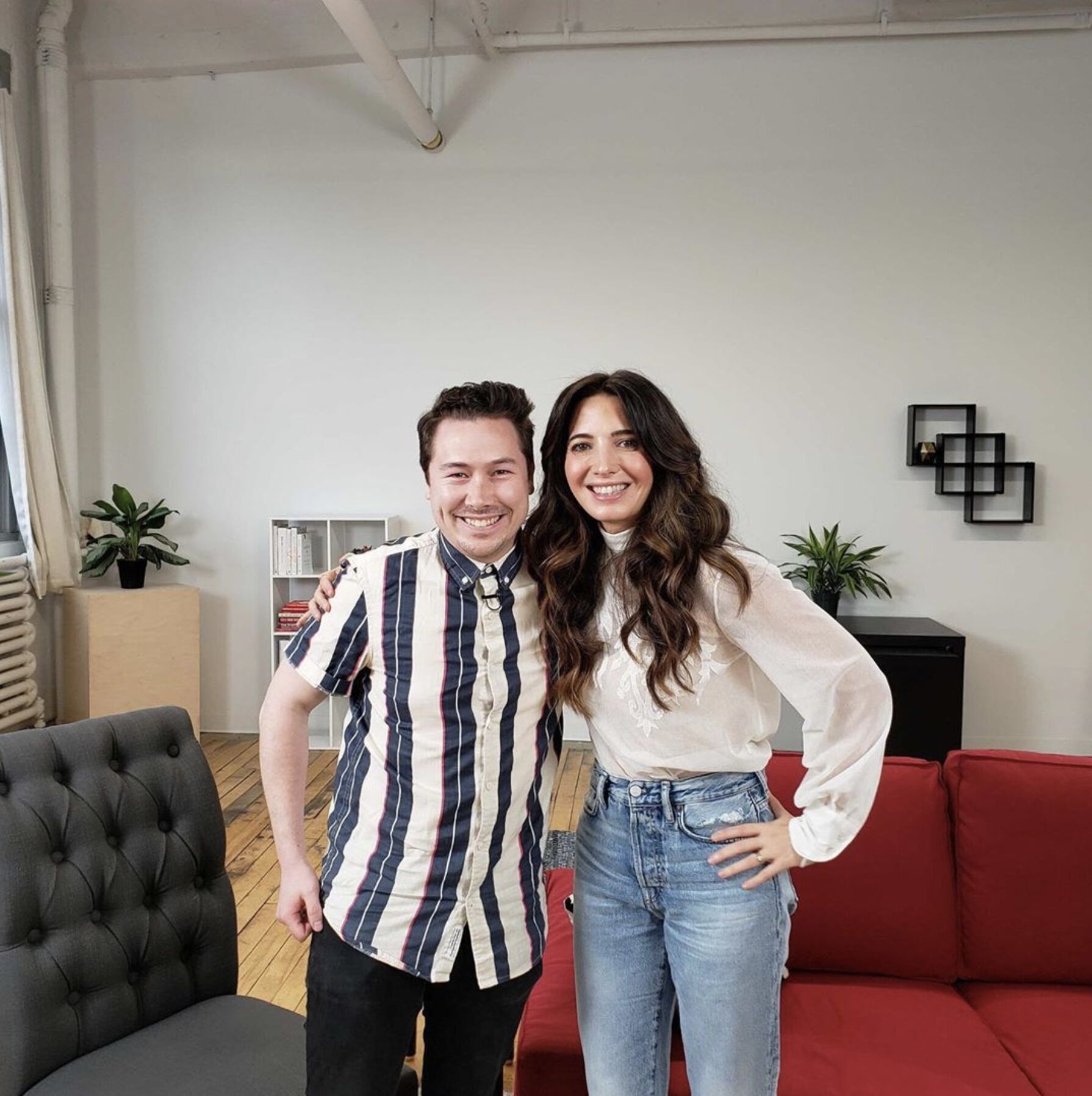
Q: What makes a difficult interview guest?
NC: This is probably the exact opposite of what makes an incredible interview guest. Someone who gives short answers struggles to open up, so I have to really push them. When they aren’t present, it’s obvious they don’t want to be there, but their PR team has convinced them to do this interview because it would be good for the brand.
When they aren’t present, it’s obvious they don’t want to be there.
Q: Can you share a story of an awkward or funny moment that happened during an interview?
NC: When I interviewed Melanie Perkins, the founder of Canva, it was the early days founder, and it was actually the early days of Canva.
I was interviewing her in my parents’ basement, and back in the day, there was no Zoom. I used to use Skype. We started doing the interview, and I was speaking to her for about 20 minutes, and I forgot to hit record. I was just like, “Oh, my God, I am so sorry. I need to hit record,” and she just started again.
I forgot to hit record.
She was so professional, she was so polite and I’ll never forget it. I have a lot of respect for her, and it’s a testament to the kind of character of a founder and person she is.
Q: Sade Cole asks, “What has been the most common answer from guests about how to scale their business?”
NC: It’s around people.
This is not just about how to be a better leader but also about how to hire, find, identify, and attract great talent to your business because businesses are built by people.
It’s not a sexy topic, and it doesn’t get clickbait, right? But I guarantee every single founder that I speak to has people challenges and wants to hire better people.
It’s not a sexy topic, and it doesn’t get clickbait, right? But I guarantee every single founder that I speak to has people challenges and wants to hire better people.
Yes, the founder is the leader. Yes, the speed at which a company grows is the direct correlation and reflection of the CEO or founder. But at the same time, that founder has to have great people around them, and every single business, every super successful founder I’ve interviewed that has a massive business, has been able to get incredible people to help them build that business.
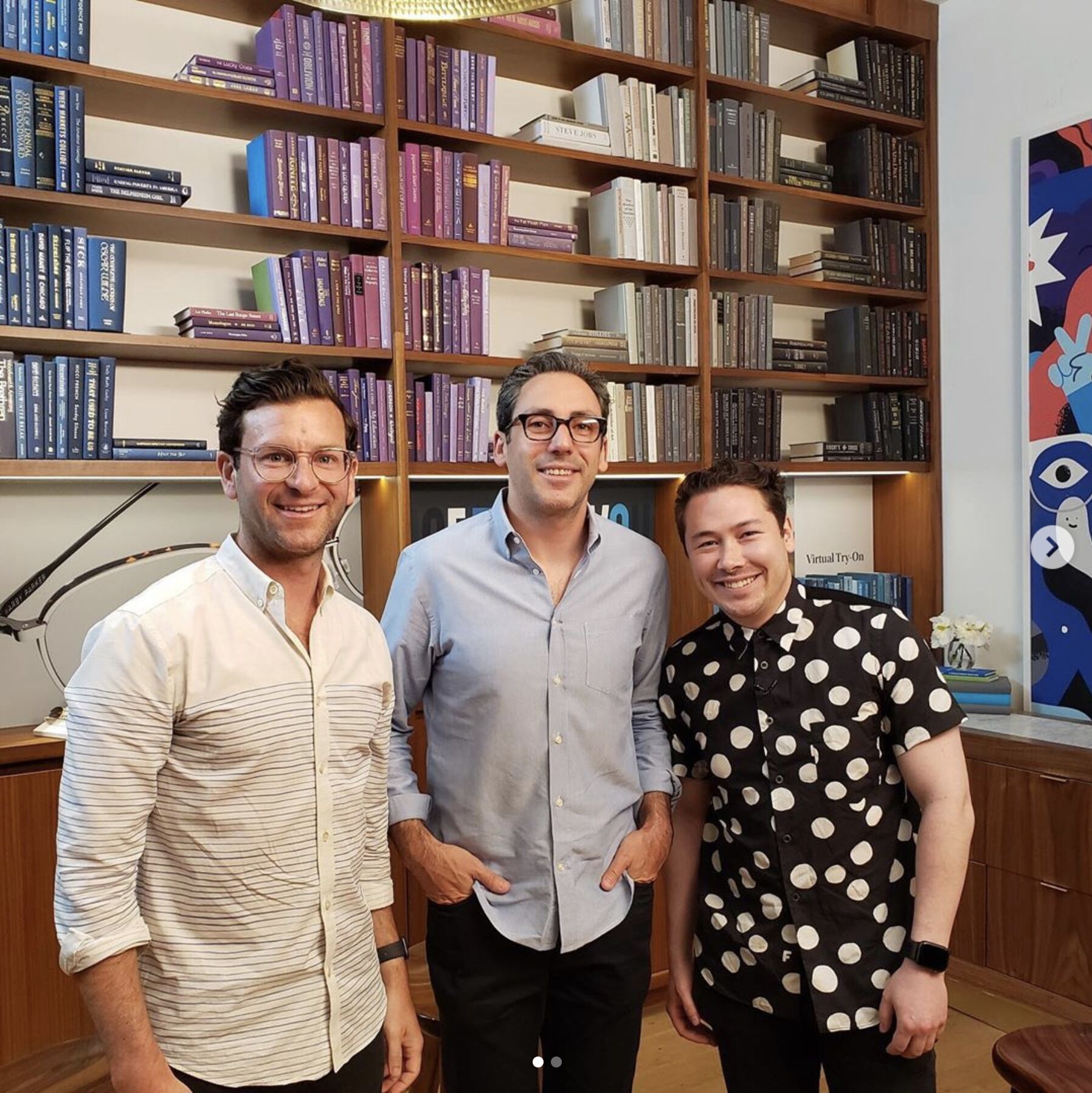
Q: Anne Reyes asks, “What would you say is the most common pitfall of someone who’s an absolute beginner starting a business, specifically ecommerce?”
NC: From my experience and seeing thousands of founders over the past few years, the most common pitfall is that people fall in love with the idea, not the problem they’re solving for the customer.
That’s the most important thing when it comes to building a successful ecommerce business or building a business that can give you the lifestyle that you’re looking for, give you the freedom that you’re looking for, or build something that you’re truly proud of and to really help others.
Building a business can give you the lifestyle that you’re looking for, give you the freedom that you’re looking for.
It’s really fun to build a business. There are hard times, don’t get me wrong, but it’s fun to create. I think the number one problem that ecom founders face is product selection and getting it right. I’ve seen really successful founders come out of nowhere very, very fast because they spent the time on product selection and getting it right.
Q: Paris Stringfellow asks, “How much capital should a typical ecommerce brand plan for in the first year? And what would the timing of these capital injections look like?”
NC: So, I could throw out a number, right? But I’m going to talk from experience.
When I started the brand Healthish with my ex-partner, Emily, the domain name cost $3,000. We didn’t have to spend that. We could have spent $20 on the domain name, but I wanted a solid domain name. We bought around 3,000 units, which was the MOQ (minimum order quantity), and that was about $2 a unit. So, that would have been around $6,000.
Then, there was stuff on the branding side, and then the website was built, and we used Instagram to grow it. So it cost us around $7,000 – $8,000 in total to do the MOQ to get the website using Shopify up and running. And then all the marketing was done by us.
So, in total, it cost around $10,000 to get up in running, which included the pricey domain name. Then the brand took off and became a seven-figure ecommerce store, and the rest is history.
Q: Vivian Teresa asks, “What is the future of Foundr, and how do you plan on revolutionizing the coaching space, online courses, and overall ecommerce community?”
NC: I love this question. So, what does the future of Foundr look like?
We’re going all in on Foundr+, our all-access membership platform. We’re producing a lot of content for you guys, including learning pathways, live workshops, an enhanced community platform, new courses, and 1-on-1 coaching.
I see a world where we can help founders in all sorts of ways, from coaching and Foundr+ perspective in the services space to courses, education, software, agency, and marketing. So yeah, there’s a lot happening, and we really want to continue to create incredible content to help serve you.
I see a world where we can help founders in all sorts of ways.
I want us to be the co-pilot to help you on your entrepreneurial journey.
Keep Learning: 5 Proven Business Truths from Startup Entrepreneurs Who’ve Done It
What Nathan Chan’s Learned from 500 Founders
- Fall in love with the problem, not the idea.
- Get your product selection right.
- An industry is never too big to disrupt.
- Speed is everything.
- Growth comes from hiring good people.
- Entrepreneurship is about paying it forward.
